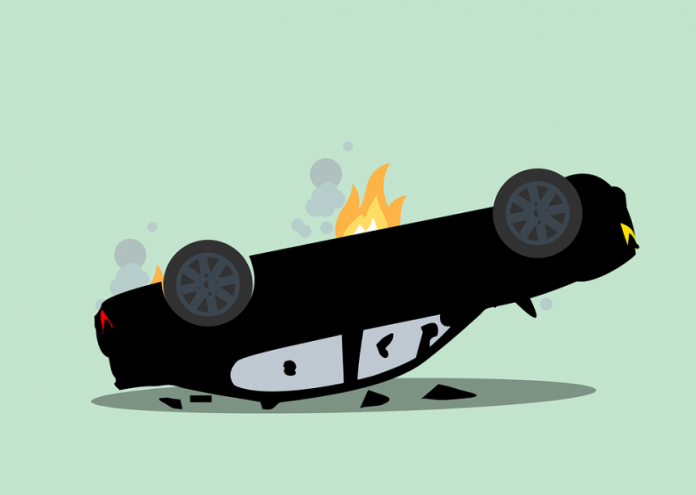Most people experience confusion and shock after a car accident. Consequently, you may not be in the right state of mind to make certain decisions and protect yourself and your passengers. The actions taken after a car crash can impact an injury claim. Victims of car accidents should take the necessary measures to mitigate risks of further injuries, damage, or any complications that may arise later.
As a car crash survivor, you can hire a car accident lawyer group or a personal injury lawyer to help you understand how you should handle yourself or the actions you should take following a car accident. In this article, we discuss the questions you may ask after a car accident.
Common Questions that Car Accident Victims Often Face
It’s normal for fear to set in after a car accident. You’ll find yourself asking many questions that you may not have answers for. Knowing the answers to the common questions that accident survivors face is the first step toward being composed after a car accident. The following are some of the common questions you may need to answer after a car crash.
1. How Can I Secure My Safety at the Accident Scene?
An accident can happen at any time and even in the middle of nowhere. Remaining safe after a car accident should come first regardless of where or the time the accident happens. Suppose you’ve been involved in an accident at night in a deserted place. The area is known to have wild animals and bandits. How can you protect yourself amid imminent danger or another accident?
First, check your surroundings and take the necessary steps to avert all imminent dangers, such as attacks from wild animals, another collision, and more. Get away from your vehicle if you risk a secondary collision from oncoming traffic but if there’s no risk of a secondary crash, you should remain in your car until help arrives.
2. Should I Call the Police?
Most people ask themselves this question after a car crash. The truth is that you MUST contact the police after a car crash. Unfortunately, most people do not report “minor accidents” but what they fail to understand is that a minor accident may have serious consequences down the line. Why? Some injuries may not manifest immediately after a car crash and the symptoms may even start showing weeks or months later.
Involving the police ensures a sober and impartial third party takes control of your case from the onset in addition to securing the scene of the accident. The other benefits of reporting to the police can include:
- Gathering information required by all parties–plaintiff, defendant, lawyers, and the court;
- Conducting preliminary investigation;
- Arranging how medical help can reach the injured;
- Recording eyewitness accounts;
- The police help prevent the guilty party from fleeing the scene of the accident to evade responsibility for the crash;
- Securing the accident scene to avoid tampering with evidence and more.
Victims of car accidents risk losing compensation for their losses if they don’t an accident. Additionally, the other driver could falsely sue you and recover damages. Look at it this way, agreeing with the other driver does not stop them from reporting the accident to the police as a hit-and-run accident. In simple words, the benefits of reporting a car accident prevent you from future complications and run-ins with the law. That said, you should always call the police in the event of a car crash and wait for them at the scene of the accident.
3. Do You Medical Help After an Accident?
Personal injury law requires car accident victims to seek medical help immediately after an accident if they can. Some accidents appear minor but in reality, they are not, especially where internal injuries are involved. That said, you should always go for a medical checkup regardless of the extent of your injuries.
Failing to seek medical attention after a car crash is one sure way of risking compensation. The insurance company or the defendant will want to know whether you took any measures to prevent further injuries. Woe unto you if the court establishes that you failed to mitigate further injuries that could be avoided by seeking medical attention.
4. Should You Call the Insurance Company of the at-Fault Driver?
It feels right to contact the insurance company of the other driver if you believe that they were responsible for the accident. However, speaking, calling, or contacting the insurance company of the other driver without your lawyer is not recommended. Although your intentions may be right–to resolve the matter as soon as possible. Contacting the insurance of the other party may cost your right to compensation.
You’ll ask yourself many questions after a car accident. Understanding the questions addressed in this article and others can help you remain composed in the event of a car crash.







